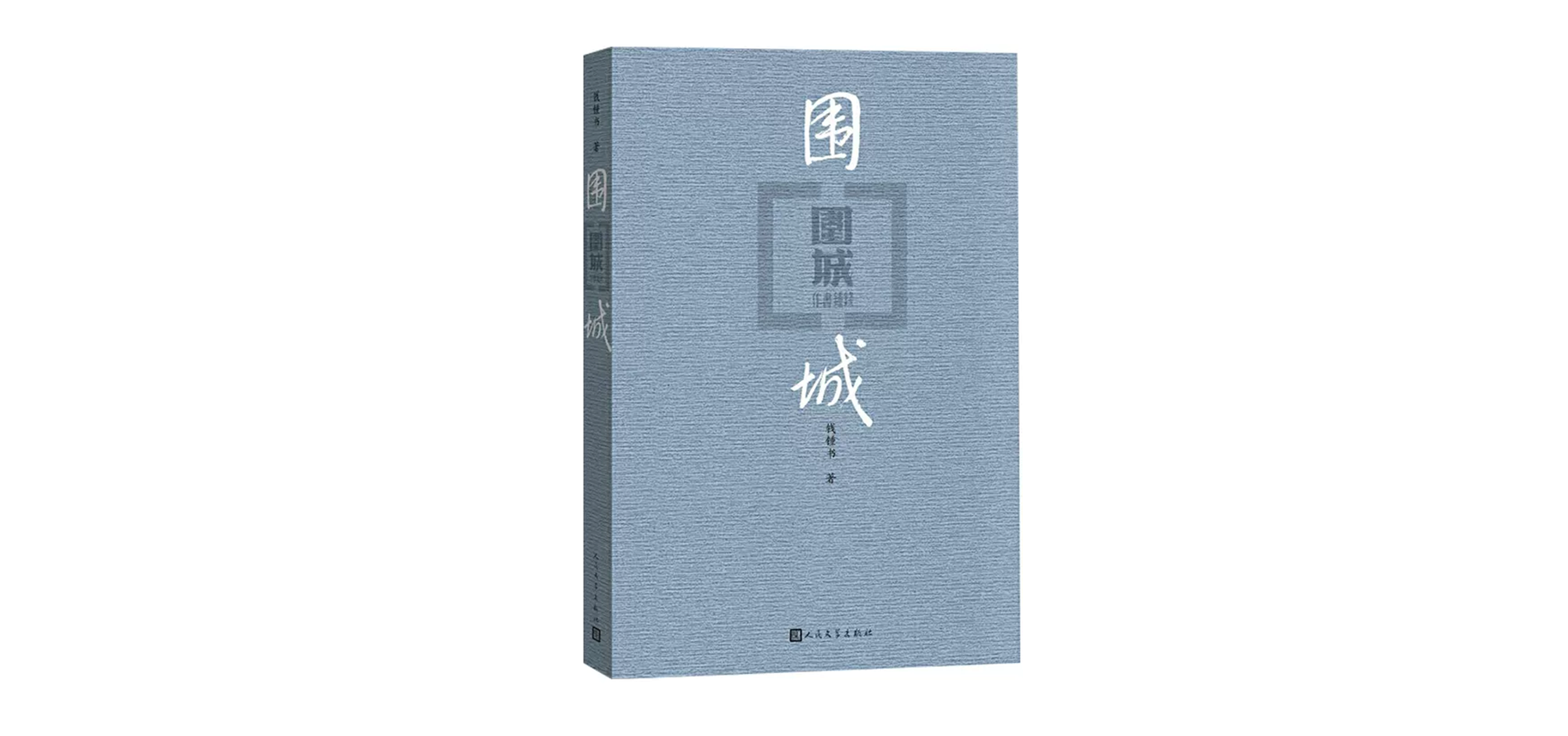MY 100-Day English -43

Did you know that your brain works while you sleep? Yes, both during dreaming and non-dreaming, your brain is consolidating memories of events in the immediately preceding day.
Most people think that the purpose of sleep is to rest the brain. But there is clear evidence that the brain is still busily at work during sleep, even when the brain is not dreaming. Decades ago, researchers demonstrated that many neurons fired just as much during sleep as during wakefulness. Some neurons were even more active during sleep.
One advantage that sleep provides for memory consolidation is that the brain doesn’t have all the distractions that occur during daytime wakefulness (觉醒状态). Multiple conflicting stimuli and tasks are very disruptive to memory consolidation.
The advantages offered by having fewer disruptive influences during sleep have also been confirmed in a study conducted in the brain imaging lab of Thomas Pollmacher in Munich, Germany. An auditory (听觉的) text stimulus was presented to sleep-deprived subjects prior to and after the onset of sleep (睡眠开始之前和之后), and imaging was performed to compare wakeful responses to sound stimuli with those during various stages of non-dreaming sleep. Brain activity during sleep was suppressed in auditory pathways and visual cortex, including other brain regions that are interconnected with the visual cortex. Suppression suggests that sleep shields the brain from the arousing effects of external stimulation that might disturb sleep. Blocking out such interference (干扰,冲突) effects should facilitate memory consolidation. This study also prompted researchers to conclude that consolidation of memory occurs over many hours, at least in sleep-deprived subjects. That is to be expected, inasmuch (就…而言;由于…) as consolidation of memory depends on protein synthesis and physical changes in synapses (轴突).
Students often cut back on sleep to finish ever-mounting piles of homework and study. Combat soldiers are trained to function under sleep-deprived conditions. But these strategies are likely counter-productive (产生相反效果的). At my university, our Corps of Cadets (警校学员;受军训的学生) used to have a tradition of rousing freshmen in the middle of the night and preventing them from sleeping. The idea was to make them tough (艰苦的,困难的). More likely, it just made them unable to do well in school, as I have seen many of them flunk (不及格,失败) out (退学). Another area where this problem has surfaced is with sleep-deprived medical residents (睡眠不足的住院医师).

Source: Photo by Hessam Nabavi on Unsplash
flunk out: 退学
See you tomorrow










